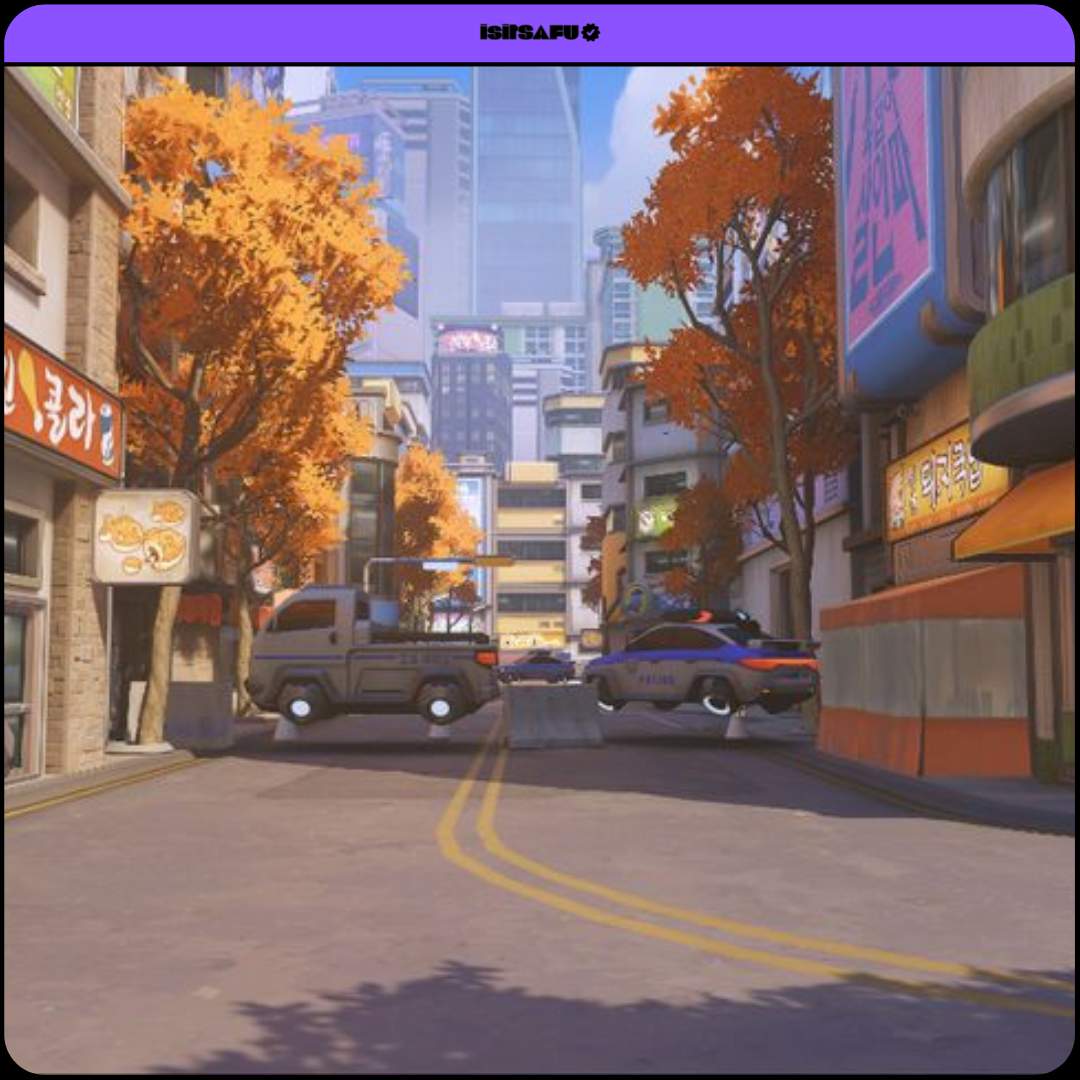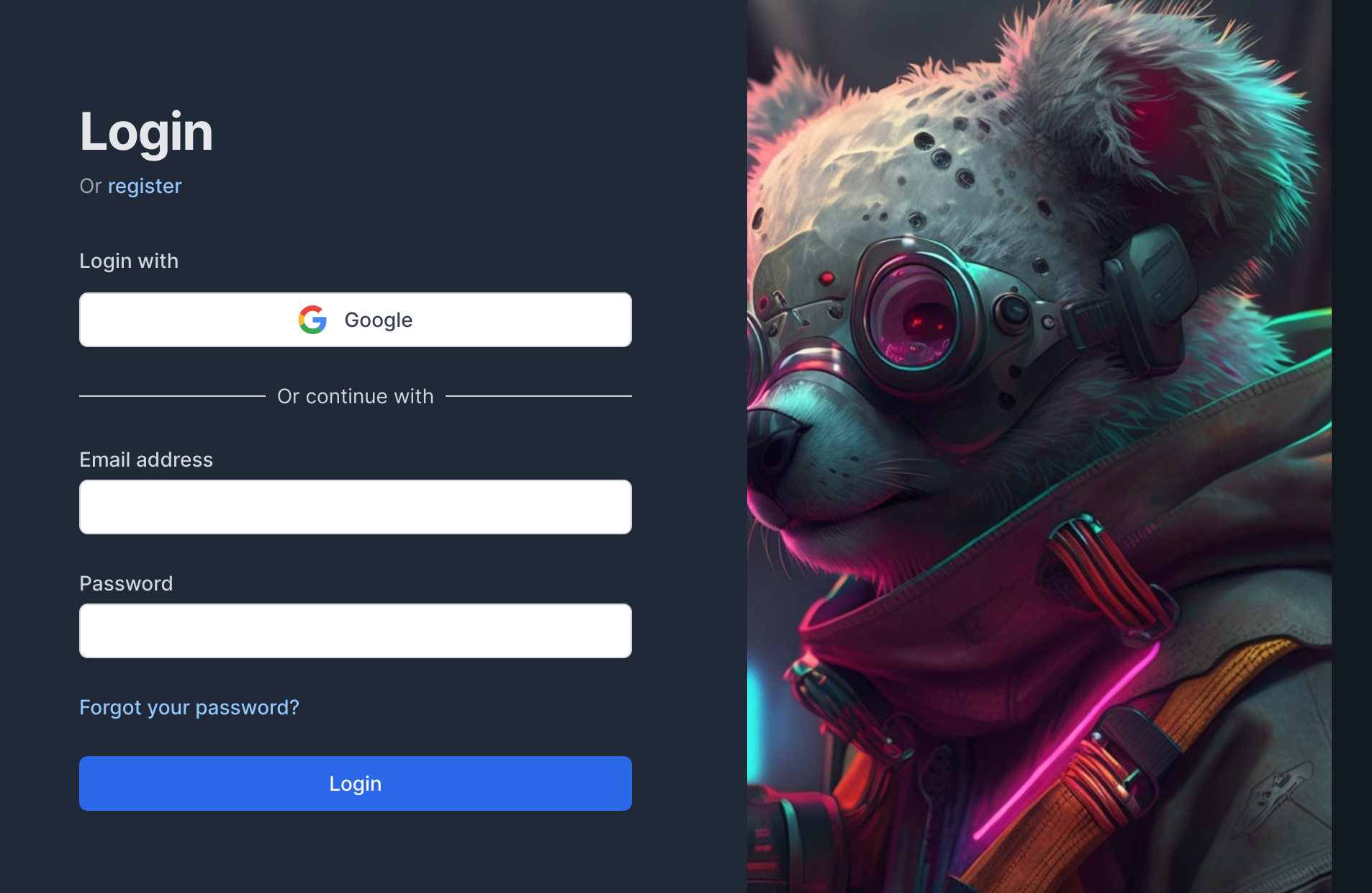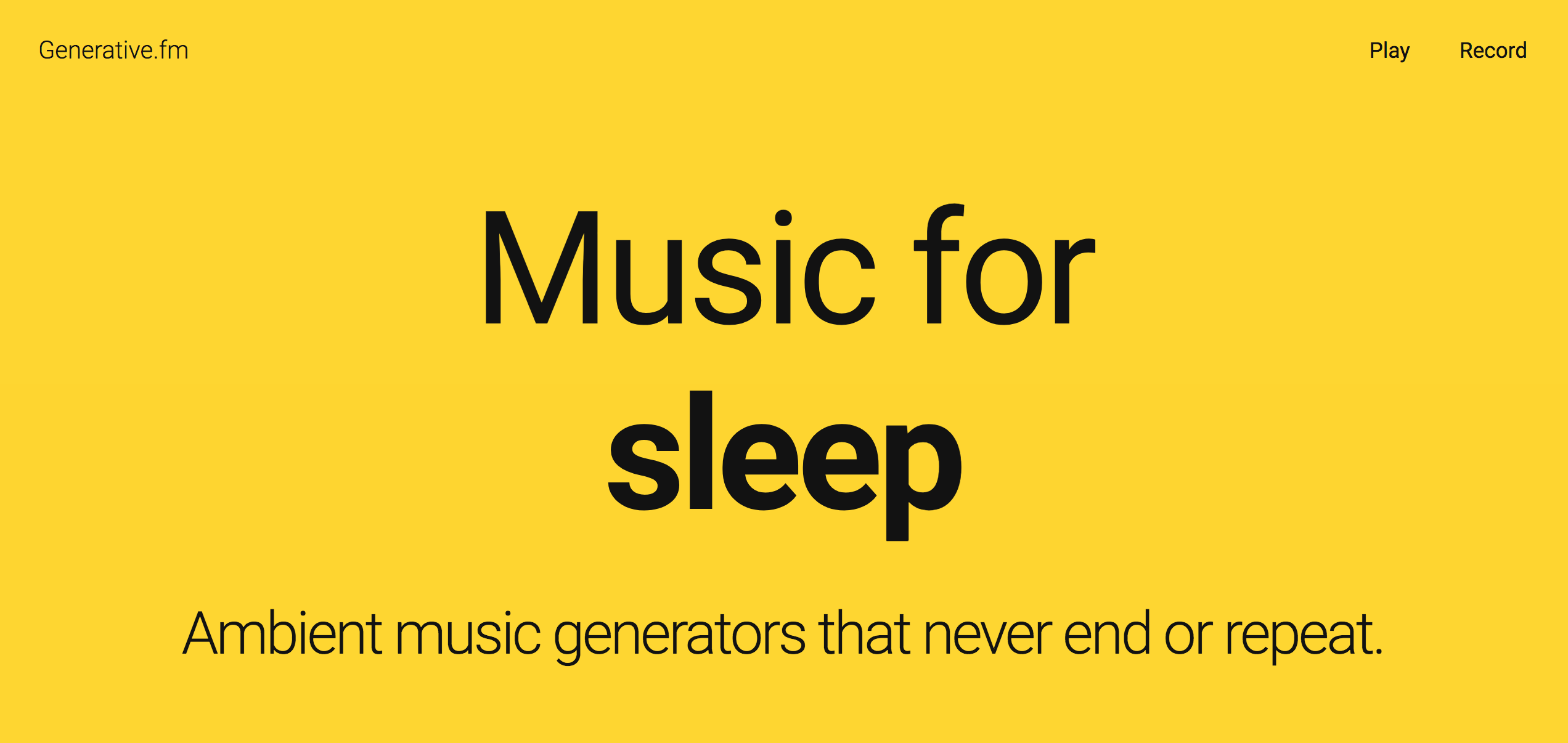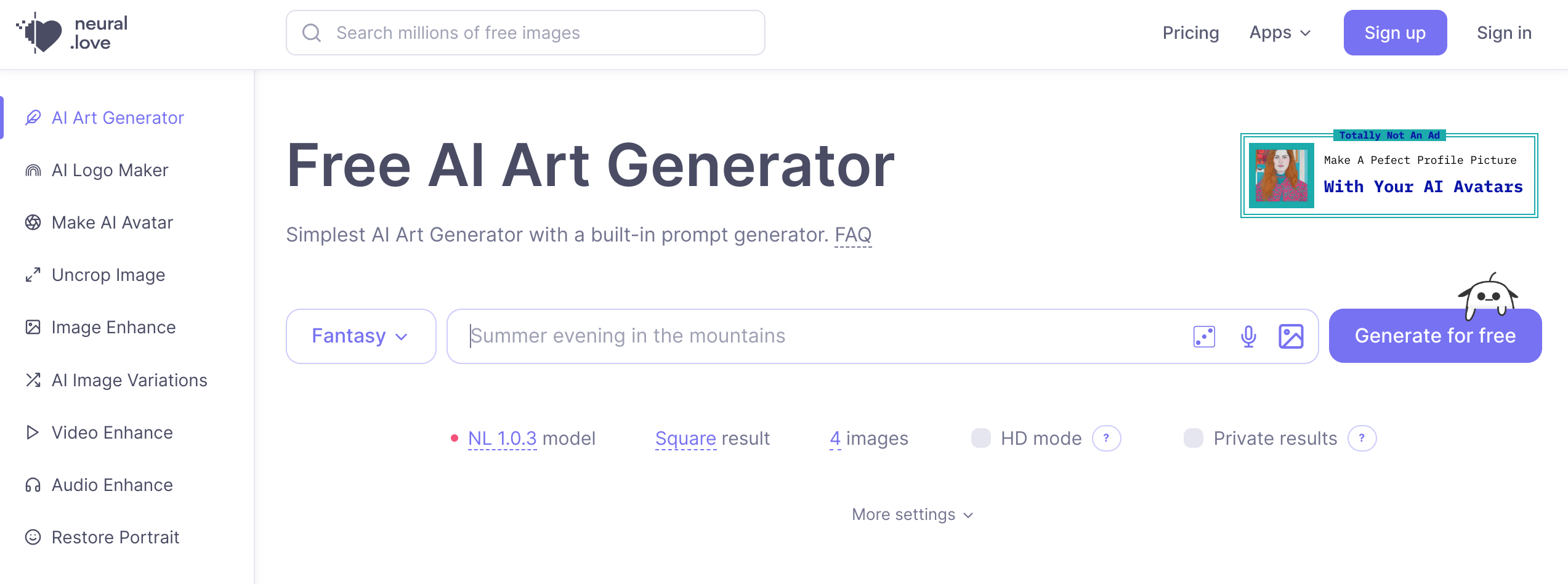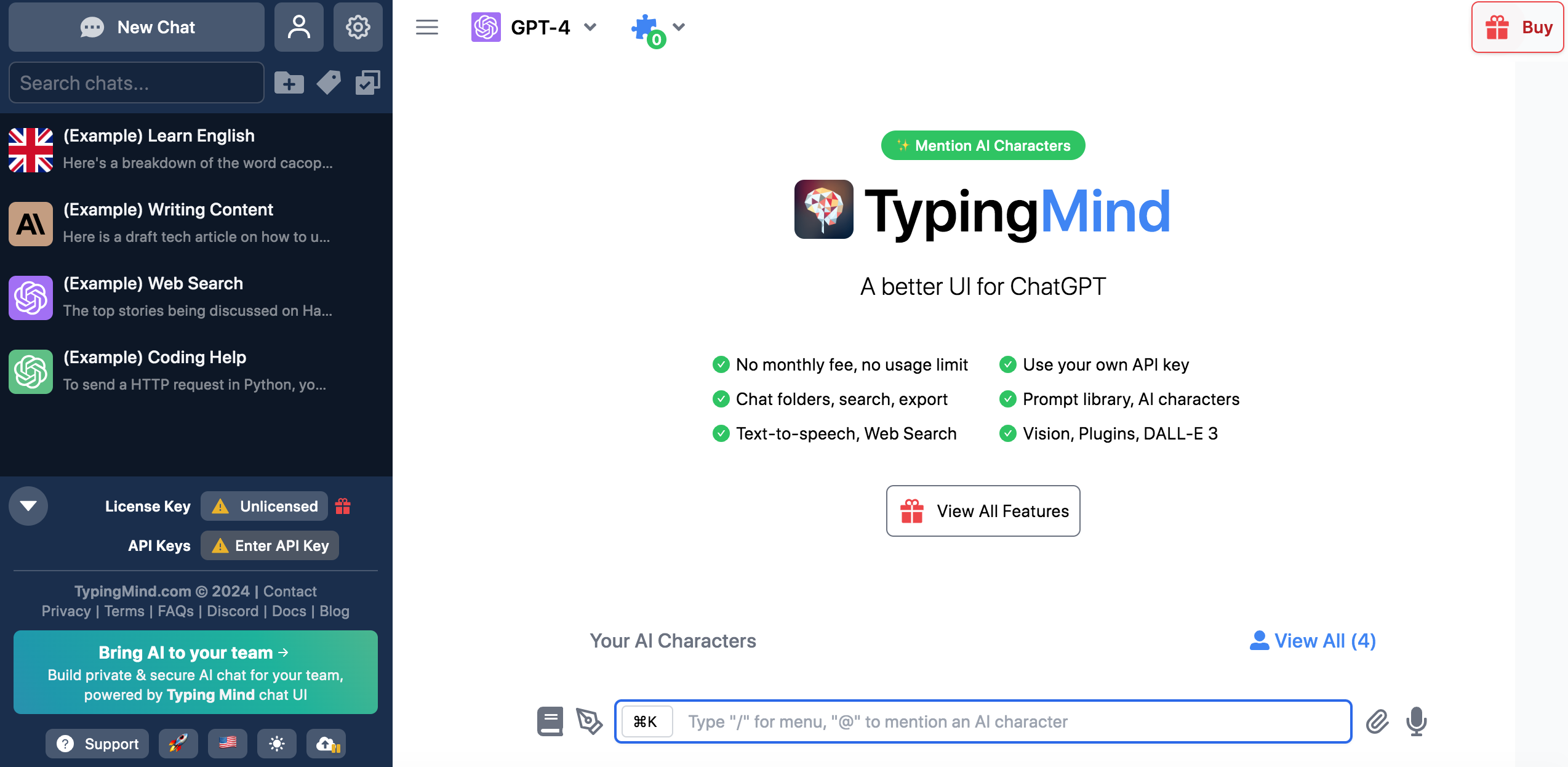Introduction
Non-fungible tokens (NFTs) have gained significant attention in recent years for their ability to provide a unique, verifiable way of tracking ownership and value of digital assets. While NFTs have been most commonly associated with digital art and collectibles, they are also making a big impact in the gaming industry. In this article, we will explore how NFTs are revolutionizing the gaming industry.
What are NFTs?
NFTs are digital assets that are unique and verifiable on a blockchain. Unlike cryptocurrencies, which are fungible and can be exchanged for one another, NFTs represent a one-of-a-kind digital asset, such as a piece of art or a collectible item. NFTs use blockchain technology to verify ownership and ensure authenticity, making them a secure and transparent way to buy and sell digital assets.
NFTs in the gaming industry
The gaming industry has been using digital assets for decades, with players collecting and trading virtual items within games. However, these items have traditionally been controlled by the game developers, with players having no ownership or control over the assets they acquire. This has led to frustration among gamers, who feel they are being forced to invest time and money into games without any tangible reward.
NFTs provide a solution to this problem by giving players ownership and control over their in-game assets. This means that players can buy, sell, and trade their virtual items outside of the game environment, creating a new market for these assets.
How NFTs are revolutionizing the gaming industry
a. Ownership and control
One of the key ways that NFTs are revolutionizing the gaming industry is by giving players ownership and control over their in-game assets. This means that players can invest time and money into a game and have something tangible to show for it. This also means that players can sell their assets for real money, creating a new revenue stream for gamers.
b. In-game assets and economies
NFTs also have the potential to transform in-game economies. In traditional gaming environments, game developers control the supply of virtual items, which can lead to imbalances in the in-game economy. With NFTs, players control the supply of virtual items, which can lead to a more stable and balanced economy.
NFTs also have the potential to introduce new types of in-game assets. For example, a game developer could create an NFT that represents ownership in the game itself, allowing players to have a stake in the success of the game.
c. Esports and gaming tournaments
NFTs also have the potential to transform the world of esports and gaming tournaments. With NFTs, players can prove ownership of their in-game assets, making it easier to participate in esports and tournaments. This means that players can potentially earn money through their in-game assets, creating a new revenue stream for esports and gaming professionals.
Potential challenges and criticisms
While NFTs offer a range of potential benefits for the gaming industry, there are also some potential challenges and criticisms to consider. One potential challenge is the cost of NFT transactions, which can be prohibitively expensive for smaller transactions. Additionally, there is concern that NFTs could contribute to a “pay-to-win” gaming culture, where players with more money are able to acquire the best in-game assets.
There is also criticism of the environmental impact of NFTs, as the blockchain technology used to create and verify NFTs consumes a significant amount of energy. Finally, there is concern that the hype around NFTs could lead to a bubble, with prices artificially inflated by speculation rather than true value.
Conclusion
NFTs have the potential to revolutionize the gaming industry by giving players ownership and control over their in-game assets, introducing new types of in-game assets, and creating new revenue streams for gamers and esports professionals. While there are some potential challenges and criticisms to consider, the overall impact of NFTs on the gaming industry is likely to be significant in the coming years. As the technology evolves and new use cases emerge, we can expect to see even more innovation in the intersection of NFTs and gaming.

